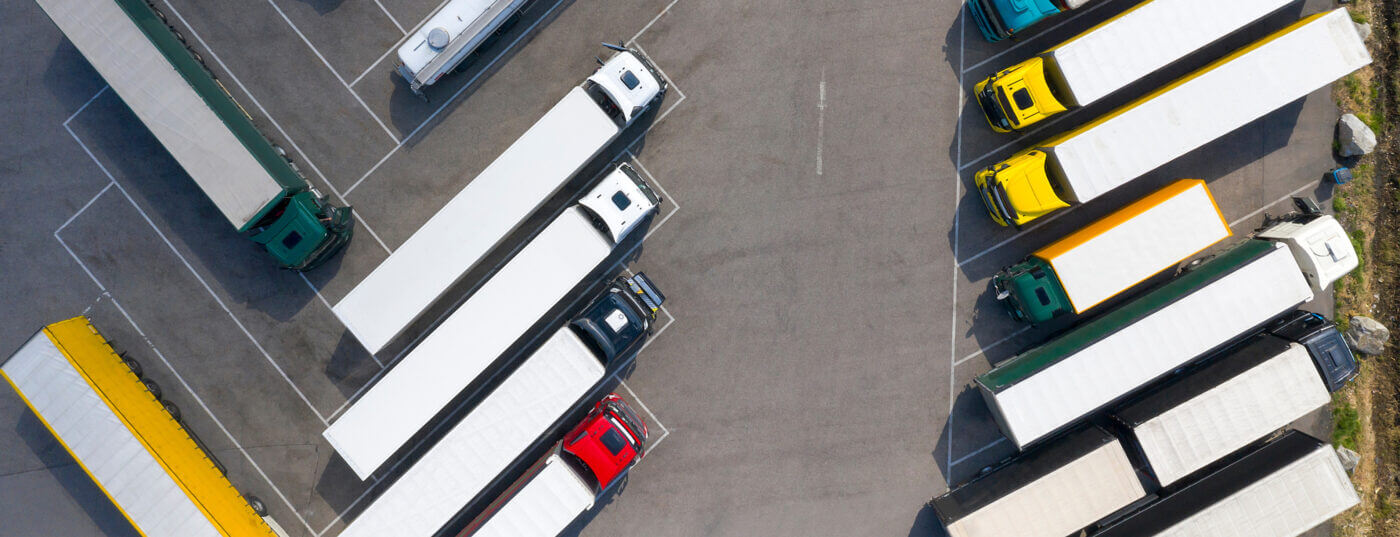
EU Parliament upholds CO₂ emission standards for heavy-duty vehicles
Brussels – The European Parliament has upheld the Commission’s proposed CO₂ emission reduction targets for heavy-duty vehicles.
These standards are crucial, as heavy-duty vehicles, including lorries, buses, and coaches, account for a substantial portion of road transport emissions in the EU, contributing to 6% of the EU’s total emissions—a figure that has been rising since the 1990s.
“It’s refreshing to see an unusually high level of consensus among the EU institutions on the need to strengthen the CO2 standards for heavy-duty vehicles,” said Maja Pozvek, Government Affairs Manager, Europe at CATF. “We now need to see this apparent agreement become law as soon as possible.”
With today’s vote, the Parliament has aligned with both the Commission and the Council on the level of CO2 reductions that vehicle manufacturers will have to demonstrate up to 2040. Though not yet compatible with the EU’s 2050 climate neutrality goal, this decision is crucial for incentivising the deployment of zero-emission vehicles and the build out of the necessary infrastructure.
“Europe risks lagging behind other regions in production and deployment of the clean technologies needed to decarbonize the transport sector,” said Jonathan Lewis, Director of Transportation Decarbonization at CATF. “We are seeing legislators in the U.S. and China creating incentives for vehicles, charging infrastructure, hydrogen and more – Europe must keep up or it will lose out on a profitable industry.”
The automotive industry as a whole accounts for over 7% of the EU’s GDP and provides jobs to 14.6 million Europeans. While EU manufacturers produce fewer heavy-duty vehicles than cars (about half a million units per year), the value added per unit produced is significantly higher in the heavy-duty vehicle segment. Analysis shows that the EU could lose up to 11% of the market to China and the U.S. by 2035 if it doesn’t speed up the clean transition of this segment.
With the Council having agreed their position last month, co-legislators can now start negotiations. These will have to be concluded promptly, given the European Parliament is due an election in 2024.
Press Contact
Julia Kislitsyna, Communications Manager, Europe, [email protected], +49 151 16220453
Clean Air Task Force (CATF) is a global nonprofit organization working to safeguard against the worst impacts of climate change by catalysing the rapid development and deployment of low-carbon energy and other climate-protecting technologies. With 25 years of internationally recognized expertise on climate policy and a fierce commitment to exploring all potential solutions, CATF is a pragmatic, non-ideological advocacy group with the bold ideas needed to address climate change. Visit cleanairtaskforce.org and follow @cleanaircatf


